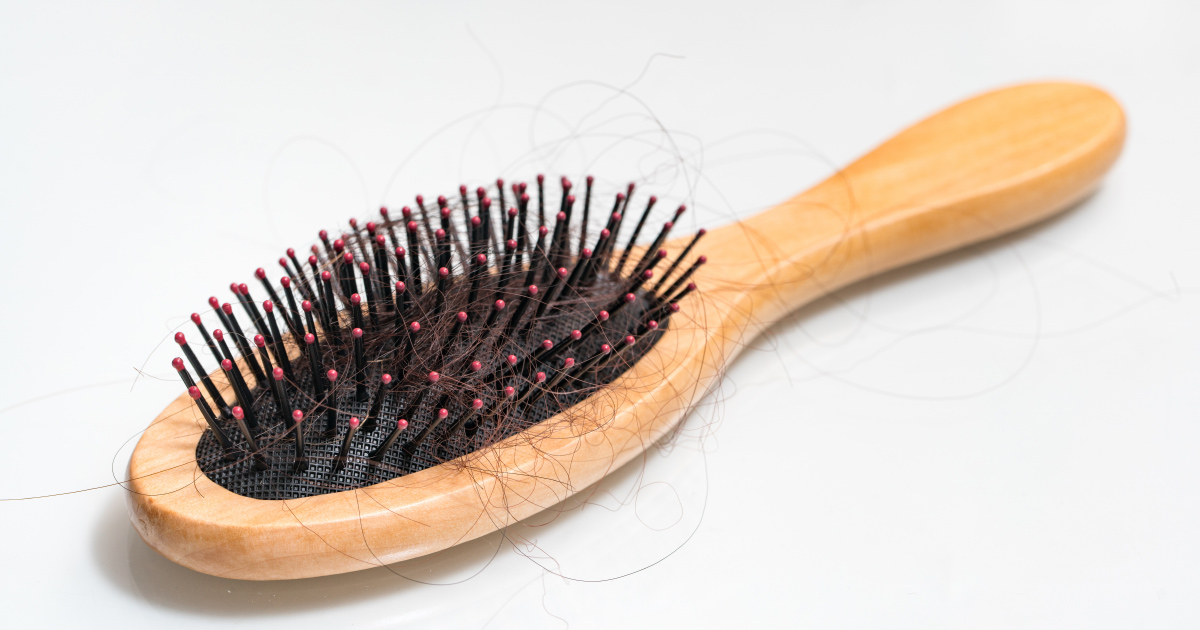What your hair can reveal about your health

It’s more than a mane or a fashion statement. What’s wrong with your hair could be a symptom of something not quite right with your body. See for yourself!
Sudden changes in your hair are a sign of something. The fix could be as simple as a vitamin supplement or a diet change. Sometimes it might take help from a doctor or dermatologist.
GETTING OVERLY GREASY
Oil is the natural defence for hair on your head. When it mixes with sweat and dirt, it coats your scalp and needs a wash. The glands making the oil are sensitive to stress so your hair might be greasier because you’re anxious.
What to do: Food with lots of vitamin B, especially B2 and B6, can help control the release of sebum, the oil on your scalp. Eat more whole grains (brown rice, barley, millet), meat (red meat, poultry, fish), eggs and dairy, legumes (beans, lentils), seeds nuts and dark, leafy vegetables.
BAD HAIR, EVERY DAY
The sun’s UV rays can turn hair dull and weak. Dark hair has better protection but light hair needs protection. Yes, you should leave your hat on. If you eat a lot of junk food, you’re probably not eating enough of the good stuff your body needs.
What to do: If there isn’t any medical reason why your hair looks different, try eating more fruit, vegetables, and protein.
TOO GREY, TOO SOON
Your hair follicles make less colour as you age. But if you see grey before 40, it’s probably in your genes (compare notes with your parents). Grey can be a sign of problems such as anaemia, thyroid, vitamin B12 deficiency and vitiligo (when white patches of skin appear because the skin cells that make colour are destroyed).
Constant stress can cut down cells producing colour in your hair follicles. Something called oxidative stress could play a role in greying. It happens when free radicals interfere with the body’s repair work. Free radicals are produced in your body and used for jobs like fighting infection. Too many of them, though cause damage. What keeps them in check, are antioxidants.
What to do: Find out where your stress comes from and how you can keep it down. Get your antioxidants naturally by eating a variety of vegetables and fruits and having a healthy, active lifestyle.
FEELING BRITTLE
Brittle hair is one symptom of Cushing’s syndrome. This rare condition is caused by too much cortisol, your number-one stress hormone, produced by the adrenal glands. In women, hair loss on the scalp is a common sign. There are usually other symptoms as well: weight going up and down, more acne, purple stretch marks or a reaction to steroids you’re taking for another disease.
What to do: Ask your doctor about lowering the steroid dose. It should help the body get back to normal.
SUDDEN LOSS
At any time, some of your hair is growing and the others are in a telogen (resting) state. A shock to the system – surgery, giving birth, crash diets – can push hair into its telogen state. About two months later, you may see hair falling out and thinning. This is telogen effluvium, sometimes described as hair “coming out in handfuls”. It typically happens during the first five months after pregnancy to nearly half of women.
What to do: Wait. New hair will usually start growing immediately.
THYROID PROBLEM
Your thyroid controls hormones. If it’s not working well, the symptoms include being tired, weight going up and down and hair loss.
What to do: A simple blood test will reveal all and medication can stop the hair loss.
ANAEMIA
Low iron levels (anaemia), can make you feel tired and short of breath. Women with heavy periods often have an iron deficiency because they’re losing so much of it.
What to do: Some studies say iron supplements can prevent hair loss and even help to regrow hair. Talk to your doctor first about taking them.
Vitamin A can help hair growth but too much can lead to hair loss and problems such as dry skin and dry eyes.
What to do: A blood test will tell you whether your vitamin A levels are fine.
CRASH DIETS
Fad diets with not enough nutrition can be followed by hair loss, three to six months after losing more than 7kg. You can shed hair after sudden changes in oestrogen levels – after pregnancy or when you stop taking the pill.
What to do: The oestrogen should right itself. As for the diets, take it slowly.
BACTERIAL INFECTIONS
These can cause folliculitis, an inflammation of your hair follicles. It might first look like a rash, a patch of small red bumps or pimples with yellow or white tips. Later, it can spread and form crusty sores.
What to do: Soak a clean cloth in warm water, wring out and put on the skin for up to 20 minutes.Repeat as needed. Ask your pharmacist about creams, gel and washes you can get without a prescription.
THINNING HAIR
Your body needs iron to produce haemoglobin. With too little iron, the body can’t produce enough and cells won’t function normally. This results in slow hair loss.
What to do: A blood test can tell if you’re low on iron and it can be treated with supplements. The hair loss shouldn’t be permanent.
PULLING AND PLUCKING
Traction alopecia is when you lose hair because you wear it pulled back tightly in braids, dreadlocks or a ponytail or with heavy extensions. Tight headwear worn the same way every day can also cause it.
What to do: Avoid tight hairstyles. If you have to wear them, tie as loosely as possible and let your hair down whenever you can. Stay away from chemicals and relaxers. Change hairstyles every few weeks to prevent strain. Steroid creams can reduce swelling caused by traction alopecia.
STRESS
People under severe stress can start pulling out hair on their head, from their eyebrows or any other body part. It’s called trichotillomania.
What to do: Habit reversal therapy helps you replace a bad habit with something harmless. But there are things you can try yourself when you get the urge. Squeeze a stress ball or play with a toy like a fidget spinner. Make a fist and tighten the arm muscles. Think of something you can repeat out loud. Do exercise or deep breathing.
Sources: www.everydayhealth.com, www.thelist.com, www.webmd.com, www.healthline.com, www.nhs.uk, www.medicalnewstoday.com.
Related articles

Latest Jet club magazine
We’ve got the latest trends, exciting prizes and exclusive savings just for you!
Jet Club will not pass your details to anyone else. By clicking the subscribe button you confirm you have read and agree to the Jet Club Terms and conditions and Jet Club Privacy Statement.
Subscribe




